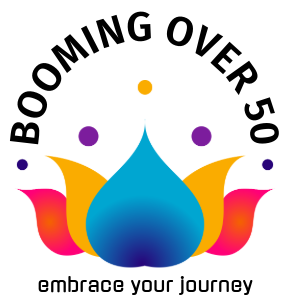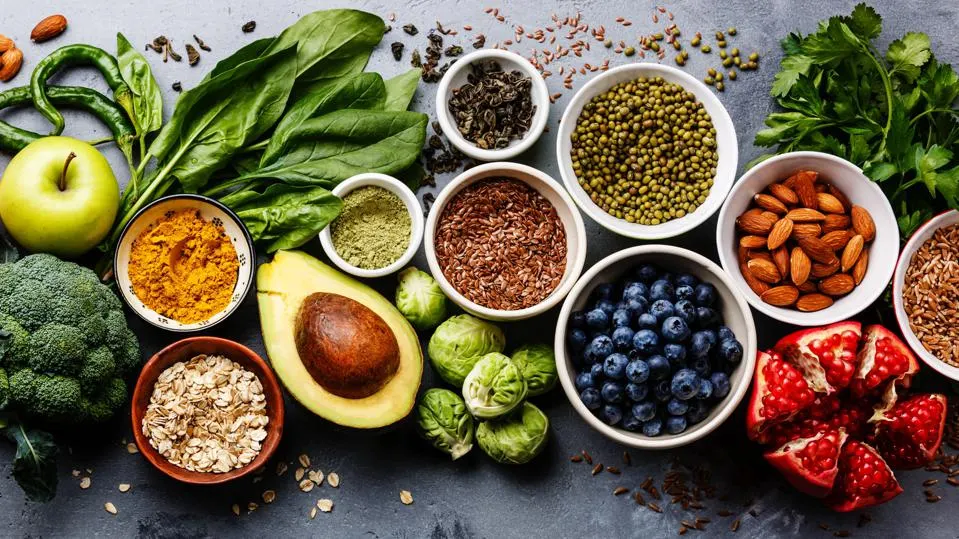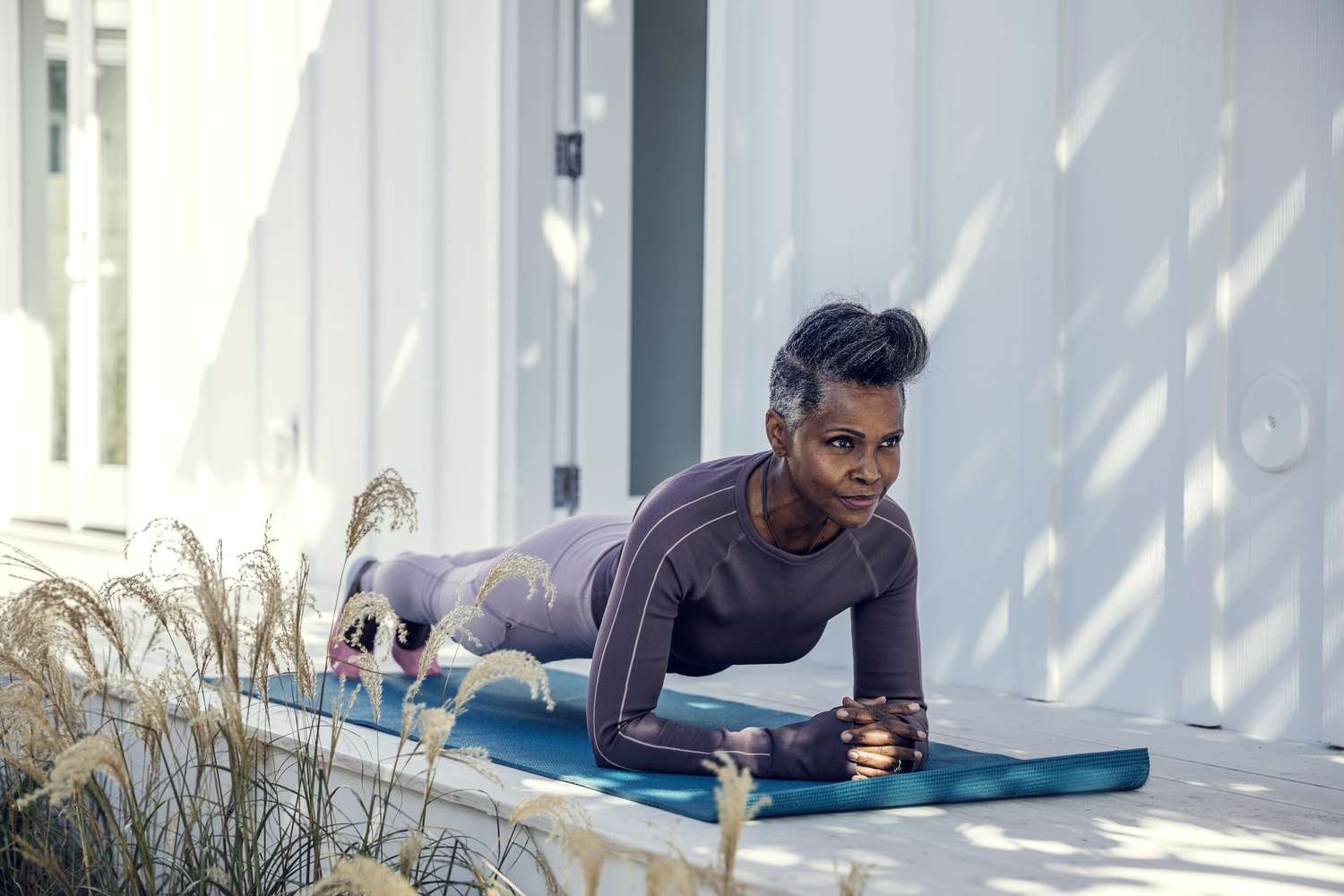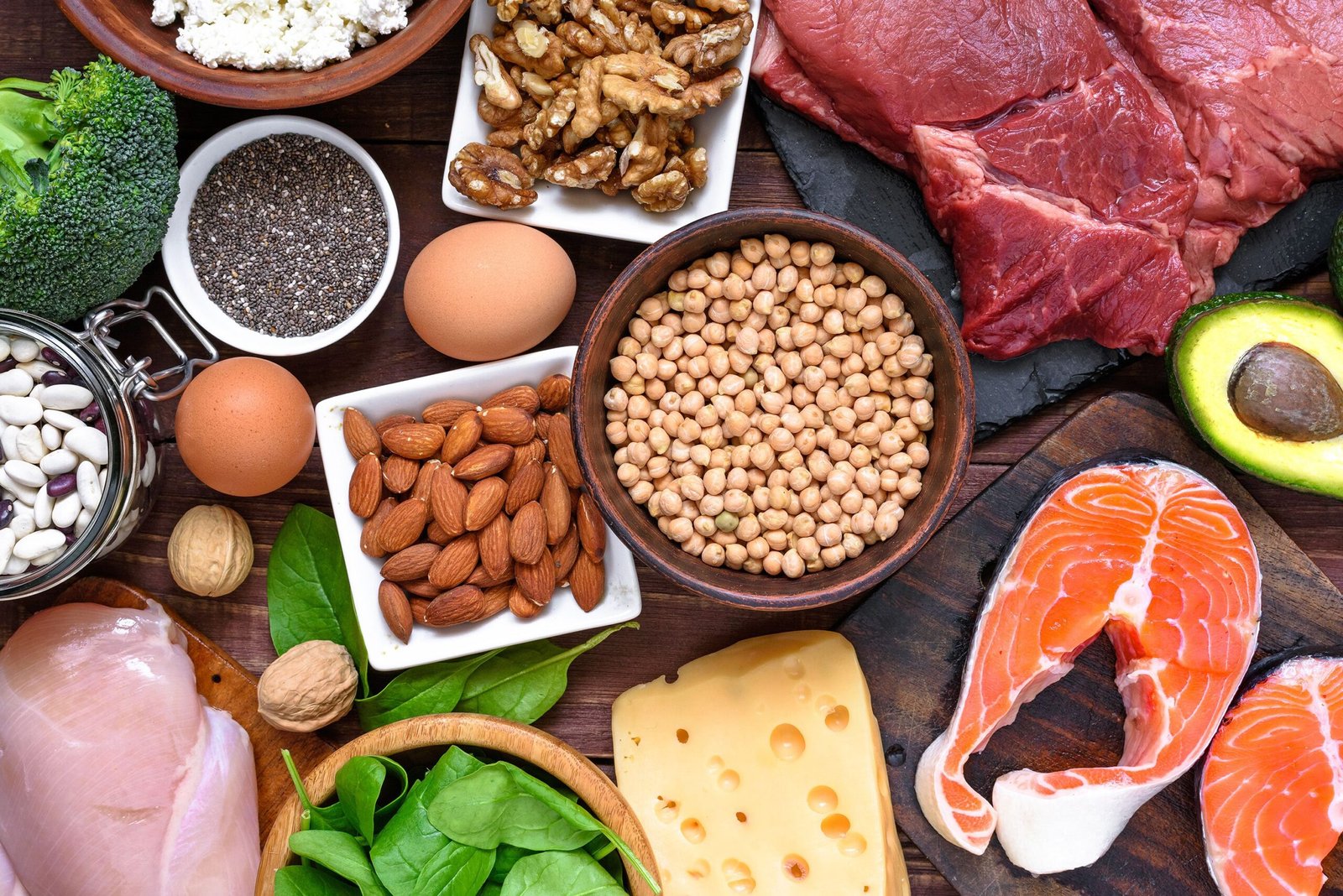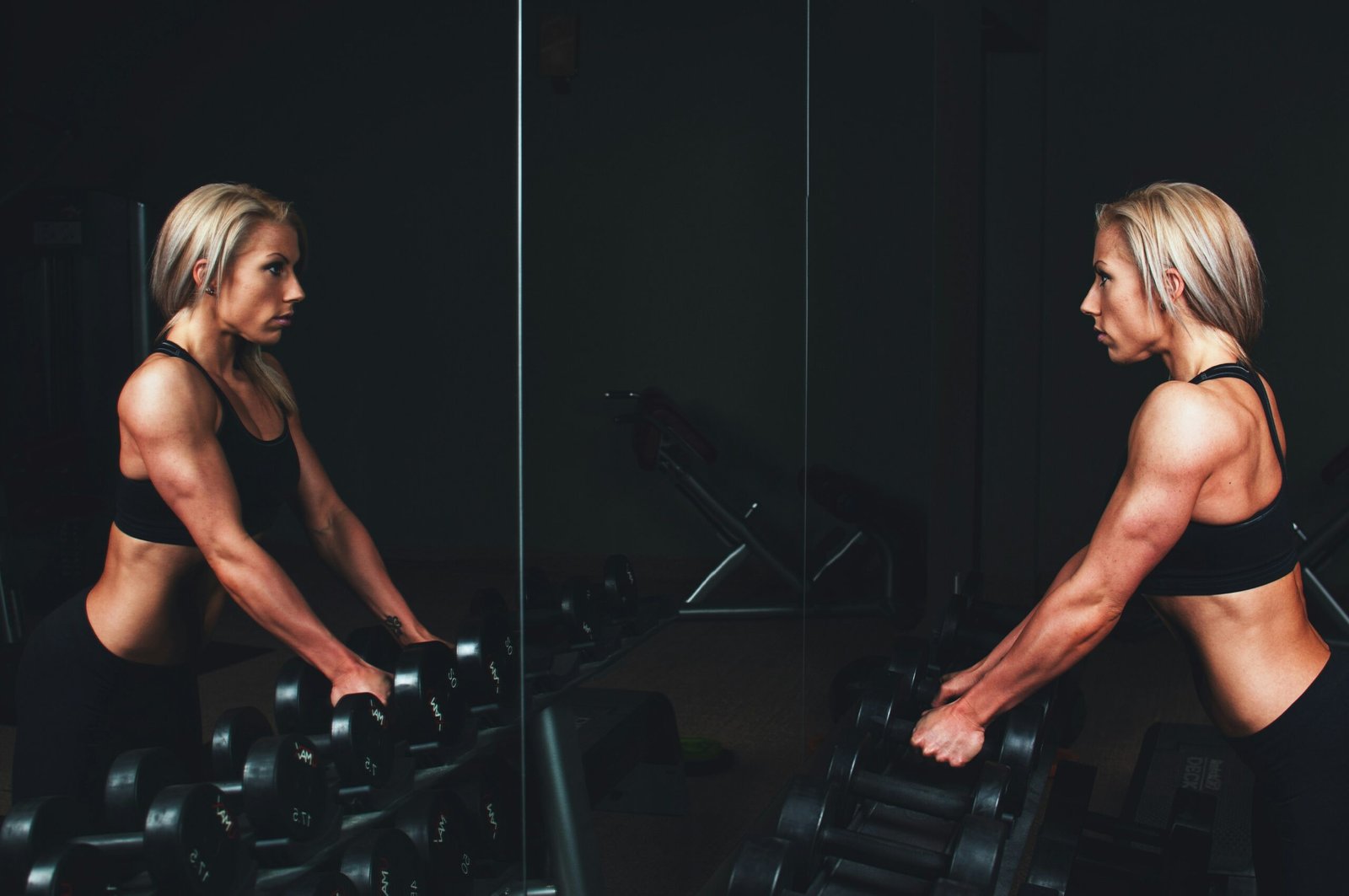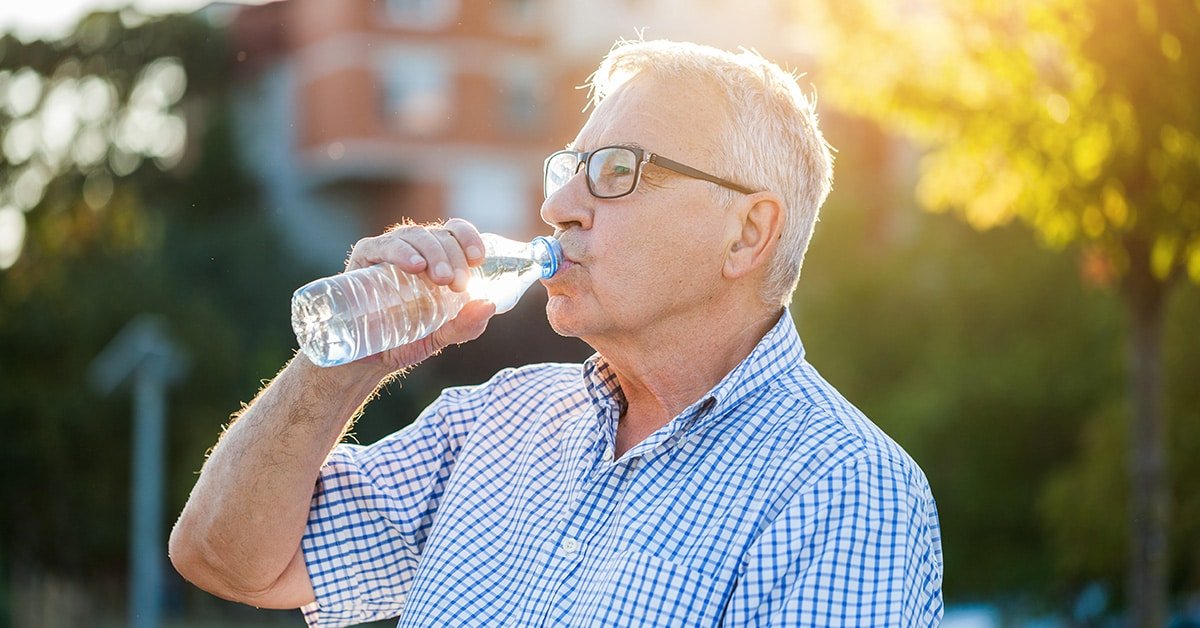According to Osteoporosis Foundation, to prevent osteoporosis, women over 50 need to focus on bone-healthy habits that include proper nutrition, weight-bearing exercises, and lifestyle adjustments. A diet rich in calcium and vitamin D is crucial for maintaining bone density, while physical activity, especially weight-bearing and muscle-strengthening exercises, can help preserve bone mass and reduce the risk of fractures. Avoiding smoking, excessive alcohol consumption, and maintaining a healthy weight also play a significant role in bone health. Strong bones makes strong women.
Table of Contents
Osteoporosis makes bones weak and increases the risk of fractures. It can have a major impact on the quality of life. However, there are many things you can do to avoid this situation. This article discusses important steps women over 50 can take to keep their bones strong and prevent osteoporosis.
1. How to learn more about osteoporosis
Osteoporosis is sometimes called the ‘silent disease’ because it worsens over time without showing any signs until a rupture occurs. This condition mainly occurs in women going through menopause because their estrogen levels drop, which is necessary to maintain bone structure. You can significantly reduce your chances of developing osteoporosis by understanding your risk factors and taking proactive steps to prevent osteoporosis.
2. Why bone health is important
Bone health is important because bones hold our bodies together, keep our systems safe, and store minerals our bodies need. Bones naturally lose mass as we age, but osteoporosis accelerates this process, making bones brittle and more prone to fractures. Ensuring the health of your bones is important for maintaining mobility, independence and health as you age.
3. Important nutrients for strong bones
Vitamin C
Calcium is very important for strong bones. Women over 50 should try to consume at least 1,200 milligrams of calcium per day. If desired, this can be achieved with a combination of vitamins and a healthy diet. Calcium is found in large amounts in dairy products, green leafy vegetables, almonds and added foods.
Vitamin D
Without vitamin D, calcium cannot be absorbed. The daily vitamin D requirement for women over 50 should be between 800 and 1000 IU. The body can produce vitamin D in sunlight, but it is also important to get it from foods such as fatty fish, concentrated dairy products and supplements.
Magnesium
Magnesium is important for converting vitamin D into its active form, which allows the body to absorb calcium. Women over the age of 50 should consume about 320 milligrams of magnesium daily. Iron is found in nuts, seeds, whole grains and green leafy vegetables.
Protein
Ensuring you get enough protein is important to maintain bone density and muscle strength, thereby supporting bone structure. Men and women over 50 should eat plenty of lean meat, fish, dairy products, beans, nuts and other nuts and vegetables.
Use weights and strength-building exercises
Regular activity is important for bone health. Weight-bearing and strength-training exercises are especially good for you because they help your bones grow and become stronger. Walking, jogging and dancing are all weight-bearing exercises that allow the body to resist gravity and are good for bone health. Lift weights for at least 30 minutes most days of the week. Strength training activities such as lifting weights or using resistance bands can help you increase muscle mass and strengthen your bones. Strengthen all major muscle areas at least twice a week.
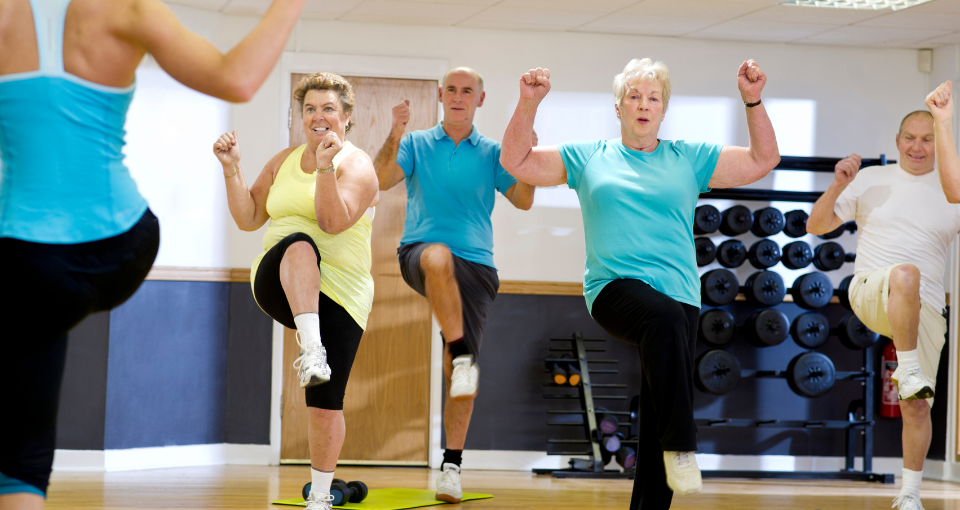
4. Ways to improve bone health
Quit Smoking
Because smoking cuts off blood flow to the bones, it lowers estrogen levels and calcium intake, which is detrimental to bone health. Quitting smoking can improve your overall health and significantly reduce your chances of developing osteoporosis.
Reduce alcohol consumption
People who drink too much alcohol can lose bone density because it disrupts the calcium balance in the body. Women over 50 should not drink more than one drink per day.
5. Supplements and medications
Check bone density
Women over 50 may need to test their bone density regularly to keep a close eye on their bone health. These tests can help detect early signs of osteoporosis so that treatment can be started quickly.
Medications for osteoporosis
Women who are at high risk for osteoporosis or have been diagnosed with osteoporosis may receive medications to strengthen their bones and prevent fractures. Some of these medications include bisphosphonates, hormone therapy, and other medications designed to strengthen bones.
Nutritional supplements
Taking nutritional pills can help your body get the nutrients it needs, along with a healthy diet. Before starting any supplements, check with your doctor or nurse to make sure they are safe and necessary.
Conclusion
Preventing osteoporosis is a complex process that includes a healthy diet, regular exercise, lifestyle changes and medical attention. These tips are important for women over 50 to maintain bone health and reduce the risk of fractures. If women know the importance of their bone health and take steps to protect their bones, they can lead busy, healthy lives later in life.
Disclaimer: The content in this article is based on my personal experiences and is intended for informational purposes only. I am not a doctor or medical professional. Always consult with a healthcare provider before making any changes to your exercise routine or lifestyle, especially if you have any health concerns or conditions.
My mission is to celebrate the wisdom, resilience, and vitality of women as they navigate menopause, embrace life’s transitions, and step confidently into the next phase. Whether you’re exploring ways to stay fit, looking for health tips to prevent common issues, seeking inspiration for a fulfilling lifestyle, or simply wanting guidance on diet, I’ve got you covered.
Dive into our articles on fitness, health, lifestyle, nutrition and more to find the support and insights you need!
